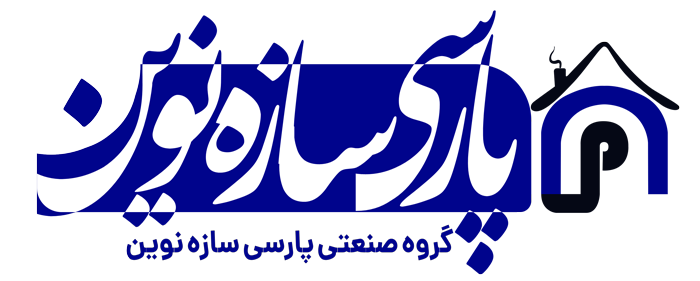International alternative networks are agencies that are not commercial which keep up with the growth of information and media in their respective countries. They are not imperialist structures that are internally controlled. They are independent, non-commercial alternatives that are working to bring multimedia into the 21st century. They were first introduced in the 1990s, and have expanded to encompass a variety of types of media, such as video tutorials, reports sites and alternative internet based websites with video content. Many of them have evolved into multinational companies and are an important part of any democratic media strategies.
They are united by their noncommercial philosophy, and their opposition to imperialist structures of power. These groups promote their opinions by organising information and communication reform efforts and by promoting an inclusive and equal Internet. They also develop new communication infrastructures that aid in local connections regional and global developments in relation to social movements.
The strength of these worldwide networks is built on cooperation through social movement organizing campaigns and media reform initiatives that improve information and communications to benefit all. They are developing a complex network of regional, local (especially south-south) and transnational links that circumvent old colonial links and power dynamics.
These international networks continue to build regional connections, while also promoting the democratization and improvement of information and communications. They are now a crucial element in the fight for sustainable development and human rights.
